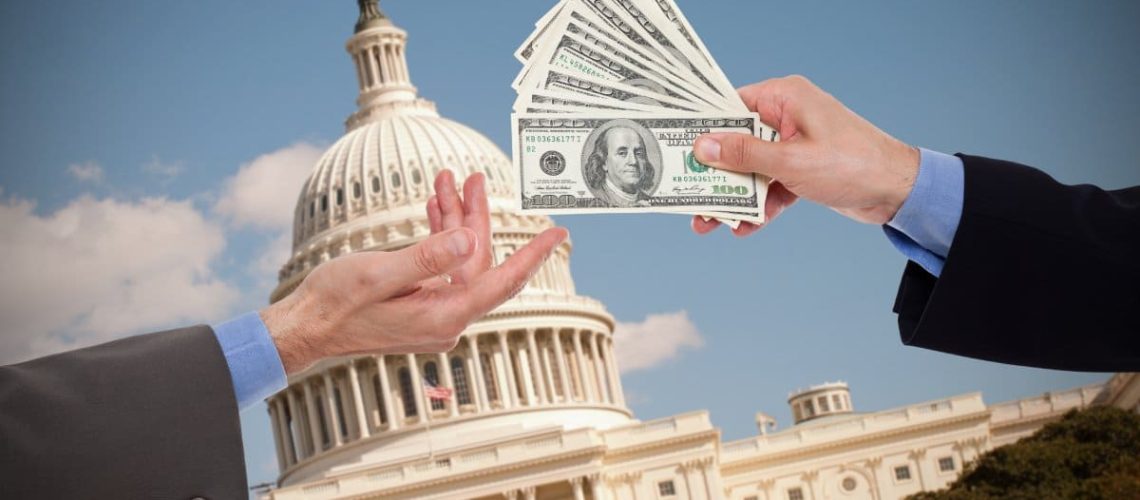The expansion of Christian nationalist private schools, which are primarily funded by taxpayer dollars through state voucher programs, is raising concerns about the separation of church and state as they continue to promote conservative ideologies and religious teachings.
Expansion of Christian Nationalist Schools
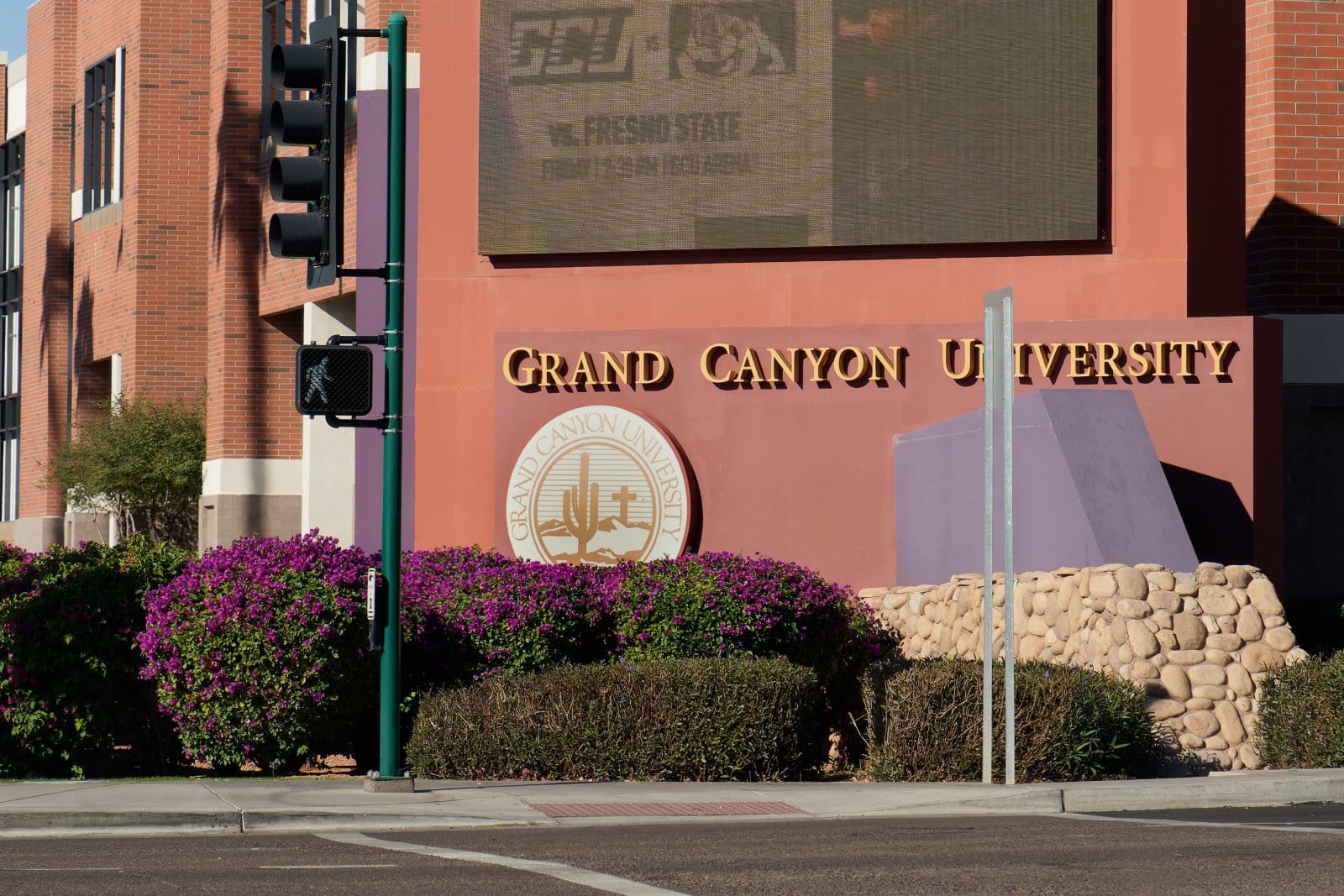
Around the country, Christian nationalist groups are opening private schools supported by state voucher programs, leading some to question how much separation between church and State there is.
Promoting Viewpoints
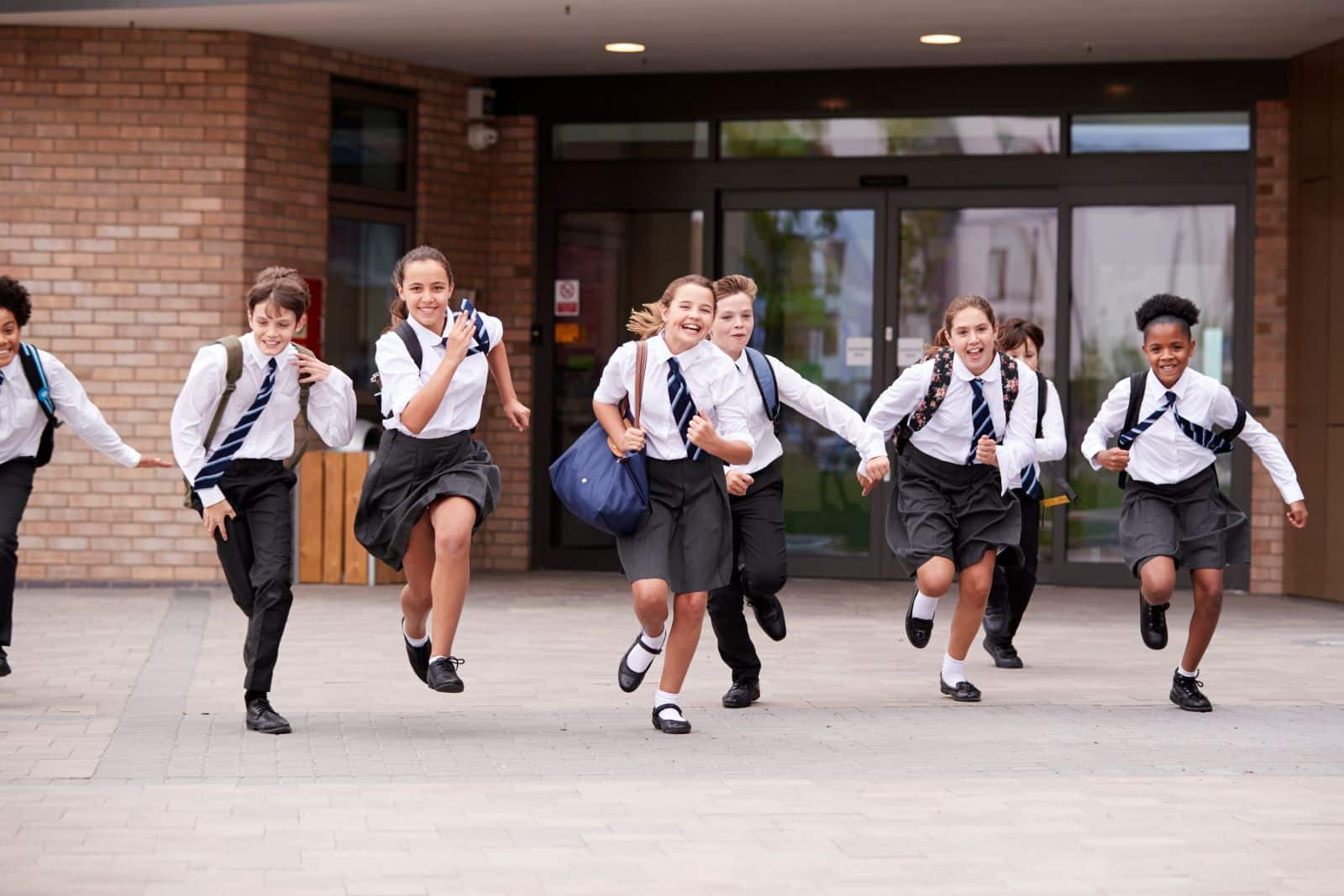
In these state-funded Christian private schools, the educators are integrating religious education with standard curricula and promoting a specific ideological viewpoint.
Public Funding Mechanisms

In states like Arizona, voucher programs allow public education funds to be used for private school tuition, hoping to provide parents with more school options for their children.
Increasing Spending

While the initial intention behind this program was to provide parents with more options for their children, the results have inadvertently increased public spending on religious schools.
Impact on Public Education Funding

The United States Public education system is already struggling to maintain necessary funding, and this diversion of funds to private religious schools is only exacerbating the problem.
Target Demographics and Usage

Although this voucher system was intended to assist underserved communities, voucher programs are predominantly used by wealthier families, leading many to question their effectiveness.
Political and Religious Agendas
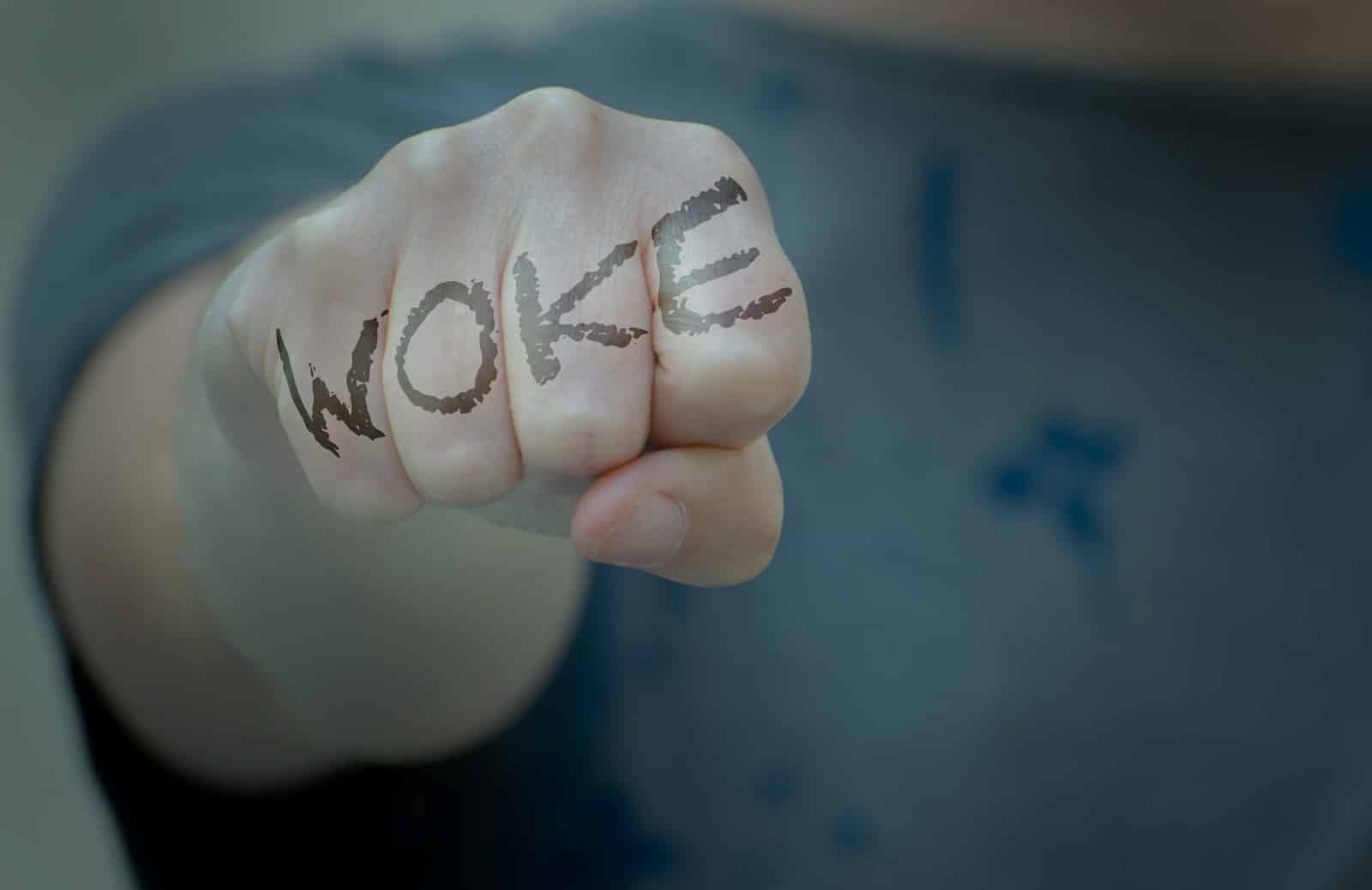
However, they are not just spreading religion and privilege within these schools; they also often make a point of rejecting “woke” ideologies and promoting conservative Christian values.
Shaping the Future

It would seem that these private Catholic Schools are making a deliberate effort to shape future generations with specific ideological beliefs and using taxpayer dollars to do so.
Advancing God’s Kingdom

Betsy DeVos, former Secretary of Education, has spoken out about the issues and said, “Our work is about advancing God’s kingdom through the support of school choice and voucher programs.
Supreme Court Influence
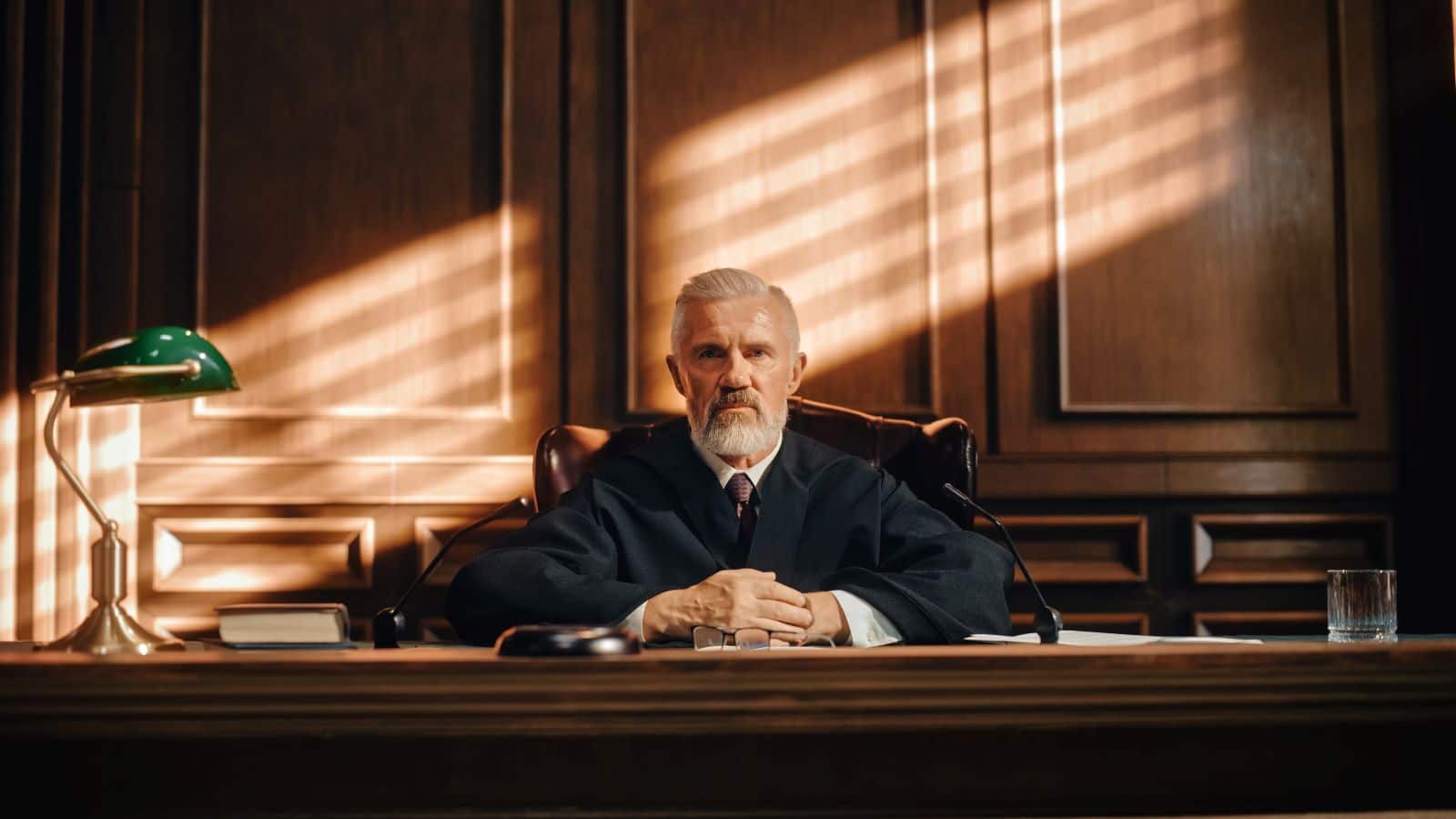
Expanding the use of voucher programs, the Supreme Court’s decision in Carson v. Makin ruled that states cannot exclude religious schools from public funding if they support other private schools.
Nothing Neutral
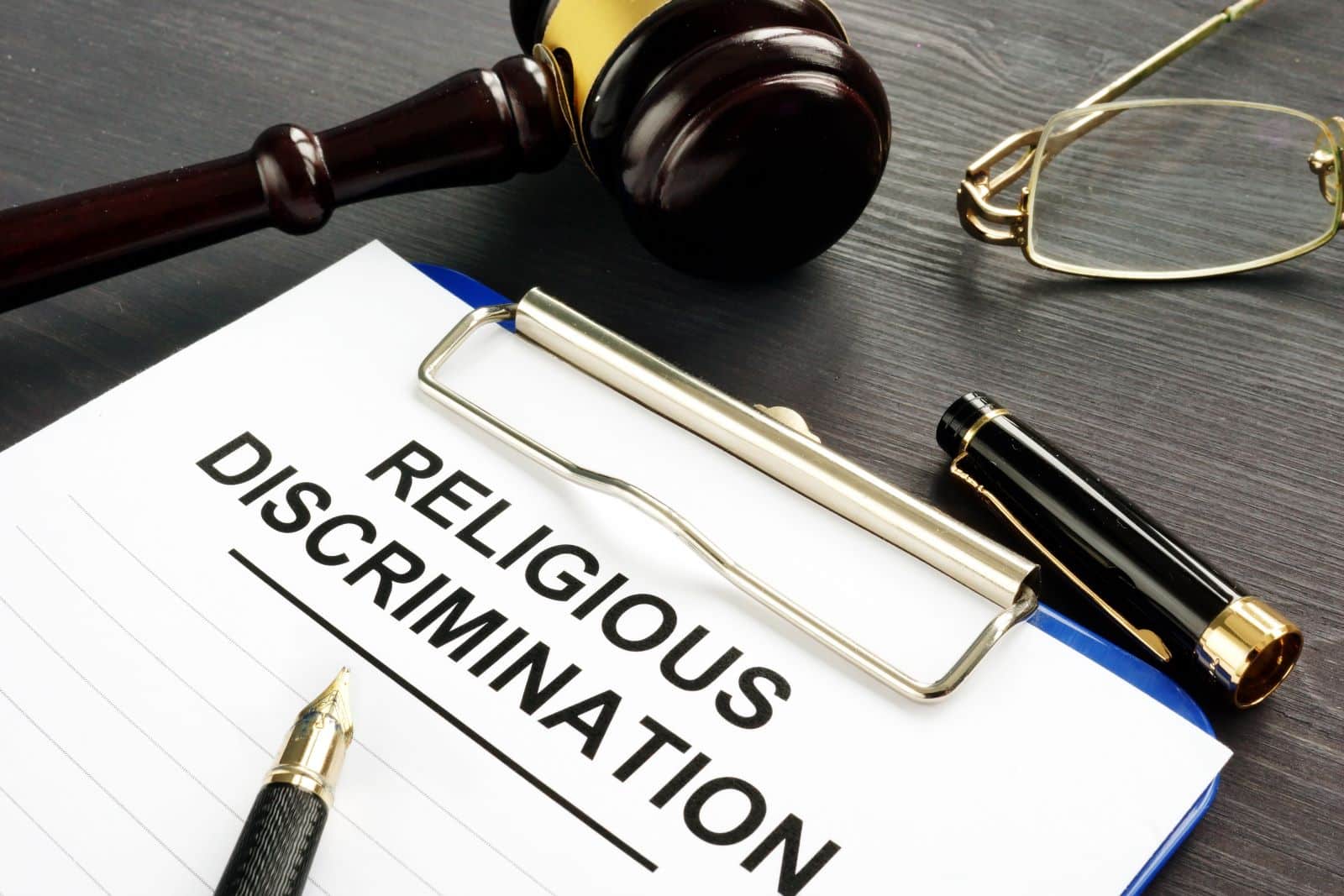
In the Carson v. Makin ruling, Chief Justice Roberts said, “There is nothing neutral about Maine’s program. The State pays tuition for certain students at private schools—so long as the schools are not religious. That is discrimination against religion.”
Criticism From Advocacy Groups
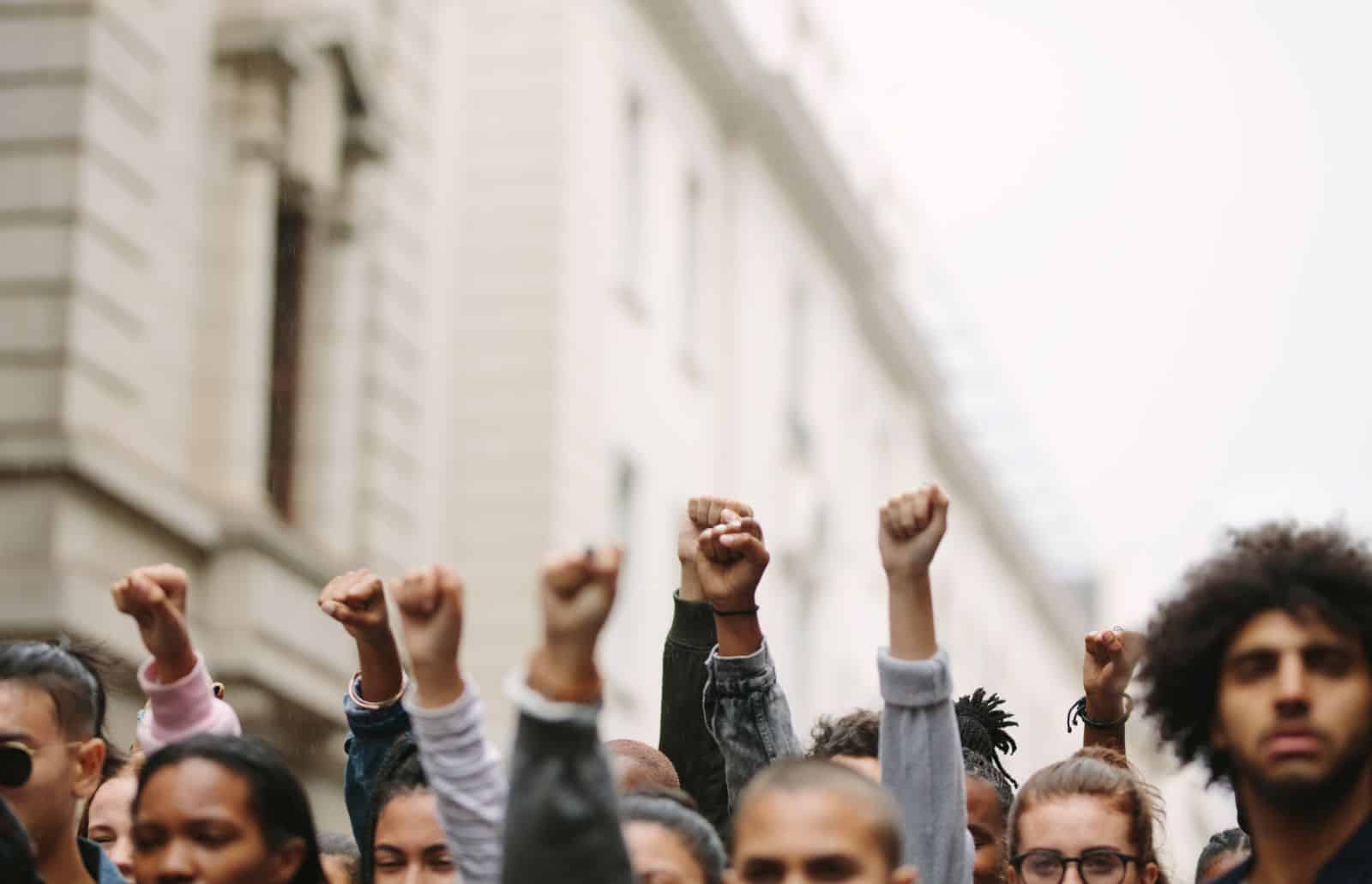
Advocacy organizations, such as Americans United for Separation of Church and State, argue that these voucher programs are blurring the lines between church and state.
A Direct Attack
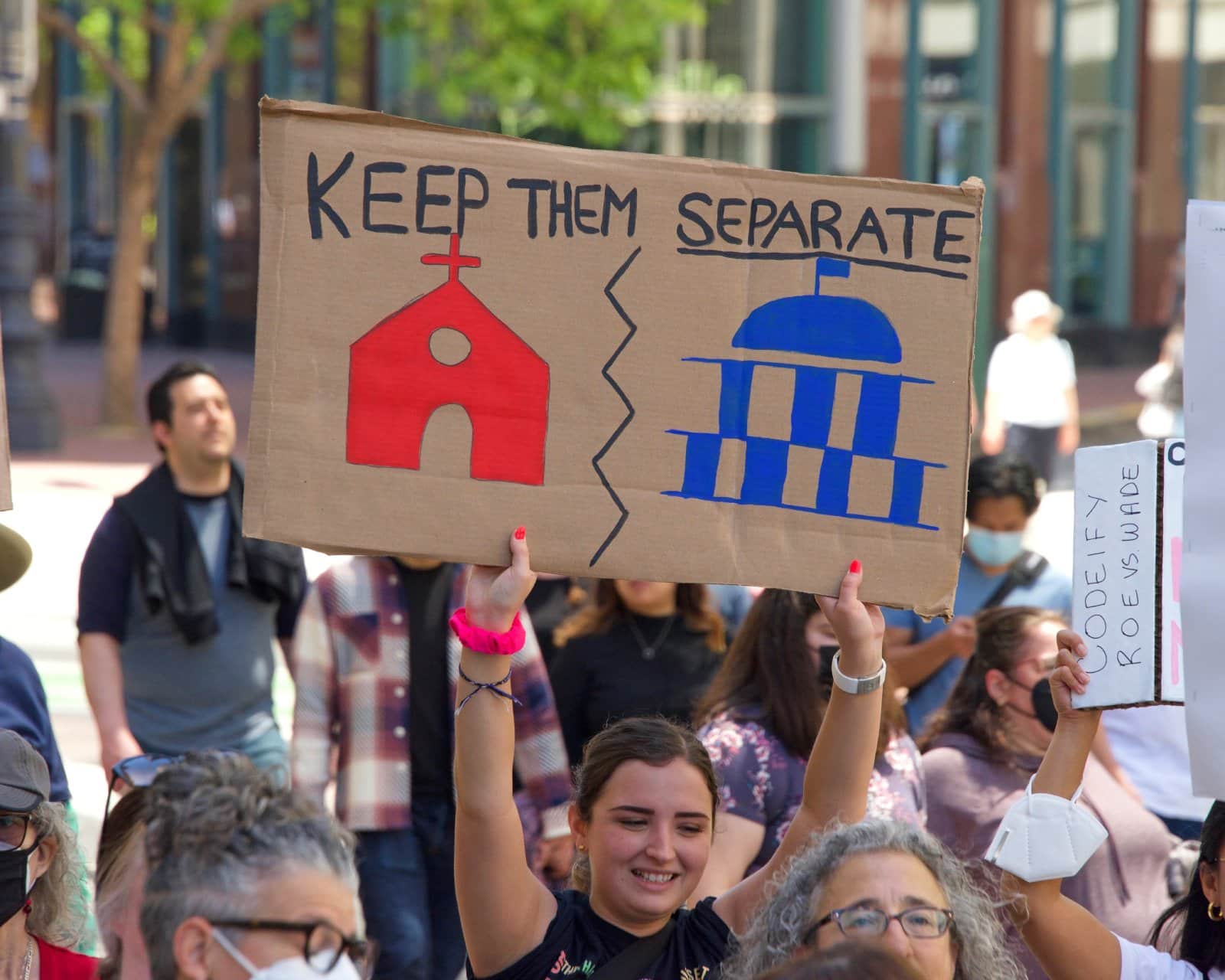
The President of Americans United for Separation of Church and State, Rachel Laser, said, “These programs are a direct attack on the separation of church and state, using taxpayer dollars to fund religious education.”
Growth of Voucher Programs Nationwide
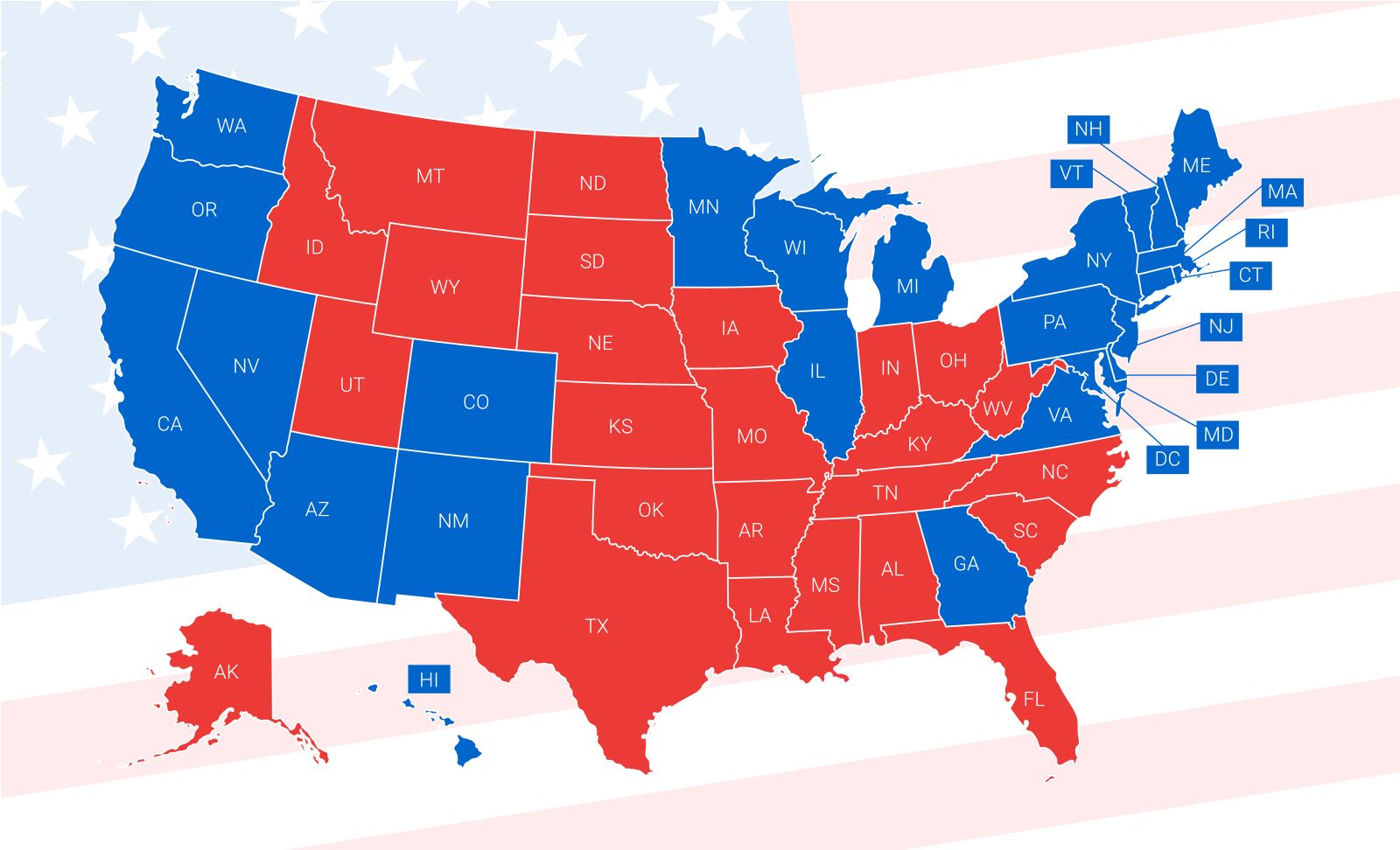
Following Arizona’s lead, multiple states have already introduced similar voucher programs and expanded the reach of public funds into private religious education.
Financial Oversight and Accountability

Concerns about the rapid expansion and high costs of these programs highlight issues of financial oversight and accountability, with reports suggesting that the costs are exceeding initial projections by a wide margin.
Educational Outcomes and Quality

The educational outcomes of students attending private religious schools compared to public schools are now being debated across the country as some studies show mixed results from the program meant to improve America’s educational program.
Legal and Legislative Developments

Various states are considering or have passed legislation to expand voucher programs. This legislative activity is often supported by conservative political groups and opposed by public education advocates.
Community and Societal Impacts

Unfortunately, the establishment of these schools often leads to community divisions and creates further debates on inclusivity, equity, and the separation of church and state.
The Overreaching Goal
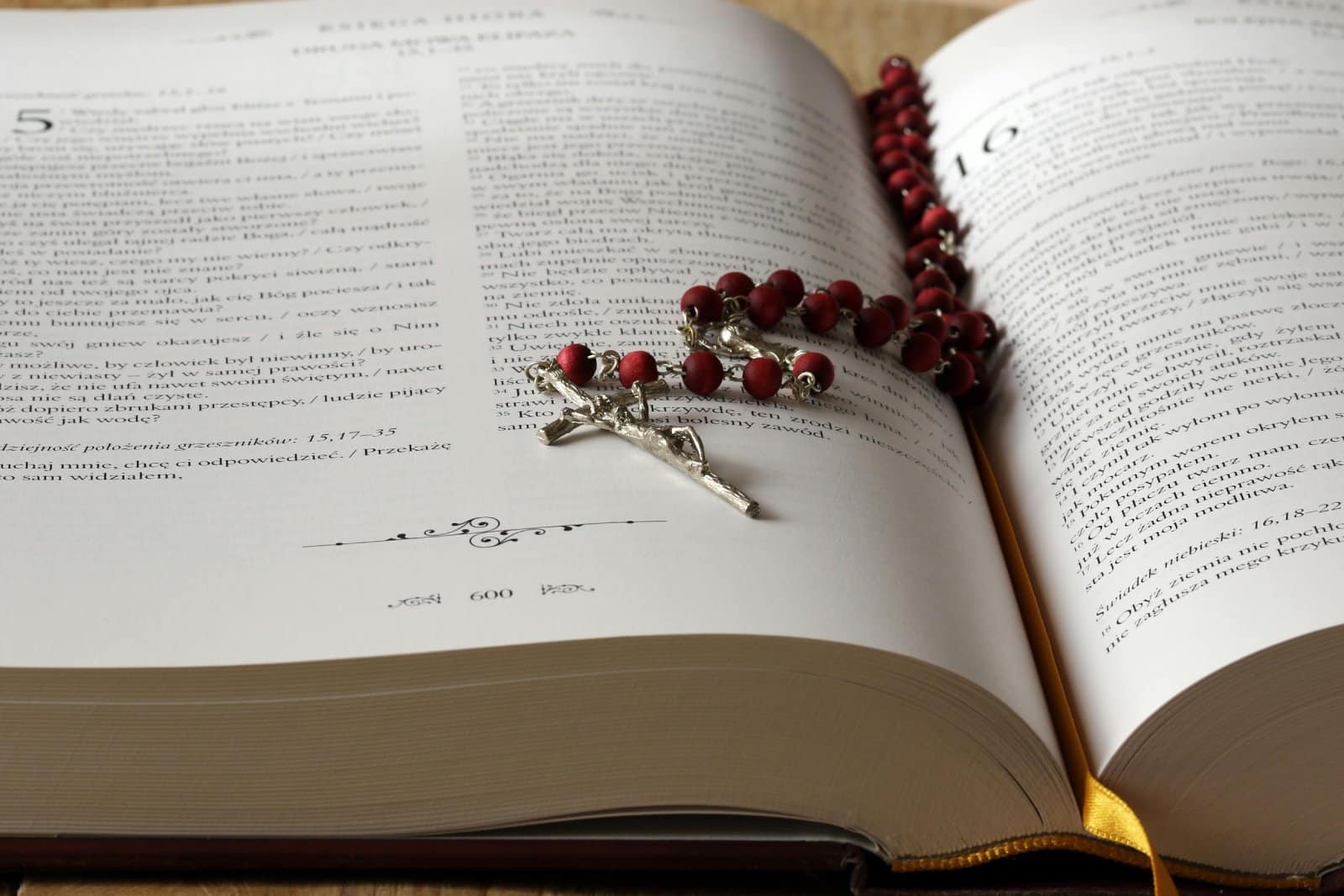
Rachel Laswer went on to say the main goal of this program is to “bestow a power and privilege on Christians in our country, at the expense of all the other religions in America.”
21 Beliefs About the Bible That Are Actually False

The Bible is one of the most discussed and debated books in history, yet many common beliefs about it are more myth than fact. How many of these misconceptions have you heard before? 21 Beliefs About the Bible That Are Actually False
21 Subtle Racisms That Are Commonplace in America

Racism in America isn’t always overt; it often hides in plain sight through subtle actions and attitudes. How many of these subtle racisms have you noticed around you? 21 Subtle Racisms That Are Commonplace in America
Only Legal in America: 21 Things You CAN’T Do in the Rest of the World

The U.S. dances to its own beat, especially when it comes to laws that make the rest of the world do a double-take. Here’s a lineup of things that scream “Only in America,” sticking strictly to what’s written in the law books. Ready for a tour through the American legal landscape that’ll leave you wondering if freedom might just be a bit too free? Only Legal in America: 21 Things You CAN’T Do in the Rest of the World
The post Dividing Church and State: Your Taxes Funding Private Conservative Catholic Schools first appeared on Pulse of Pride.
Featured Image Credit: Shutterstock / Carlos Yudica.

